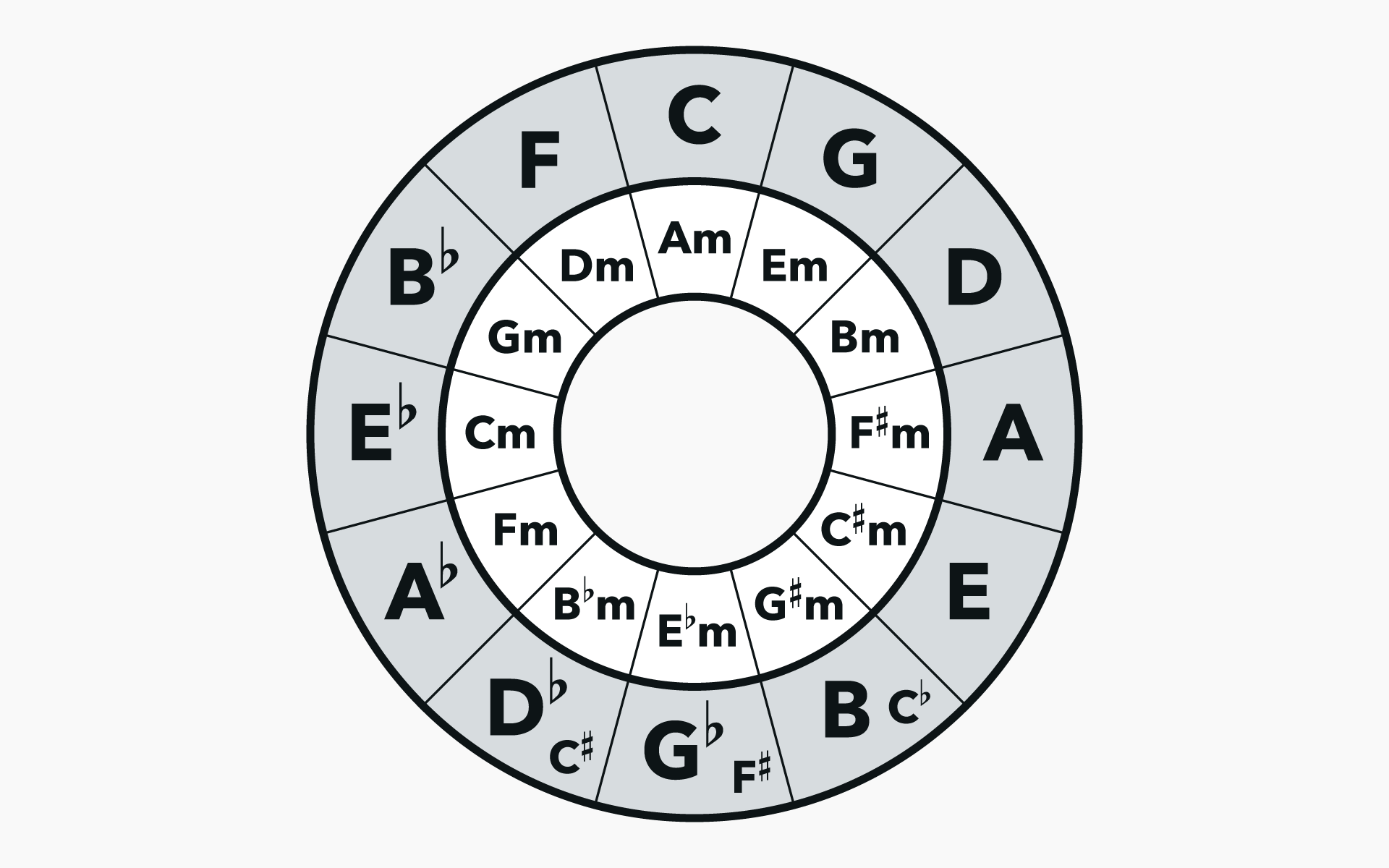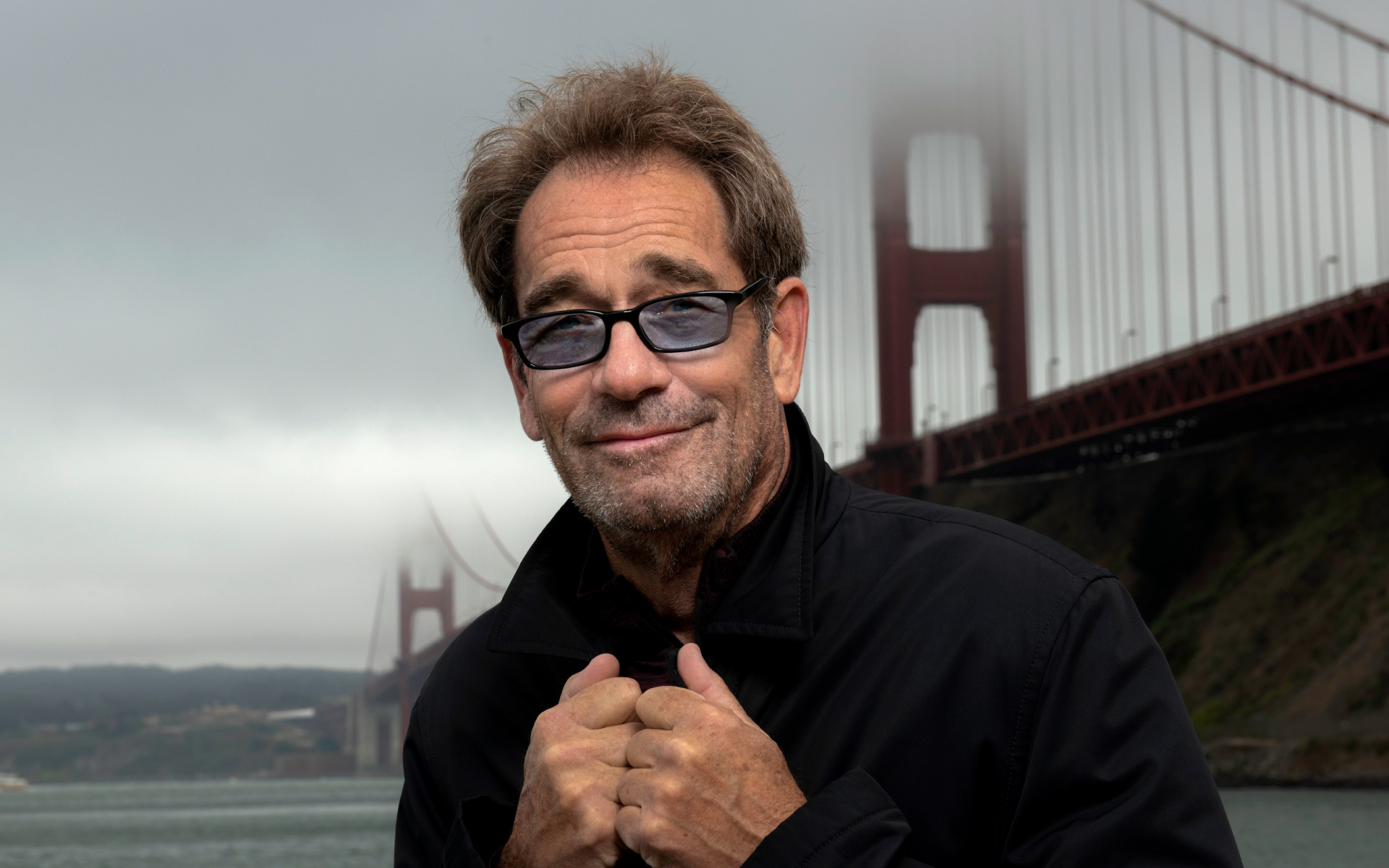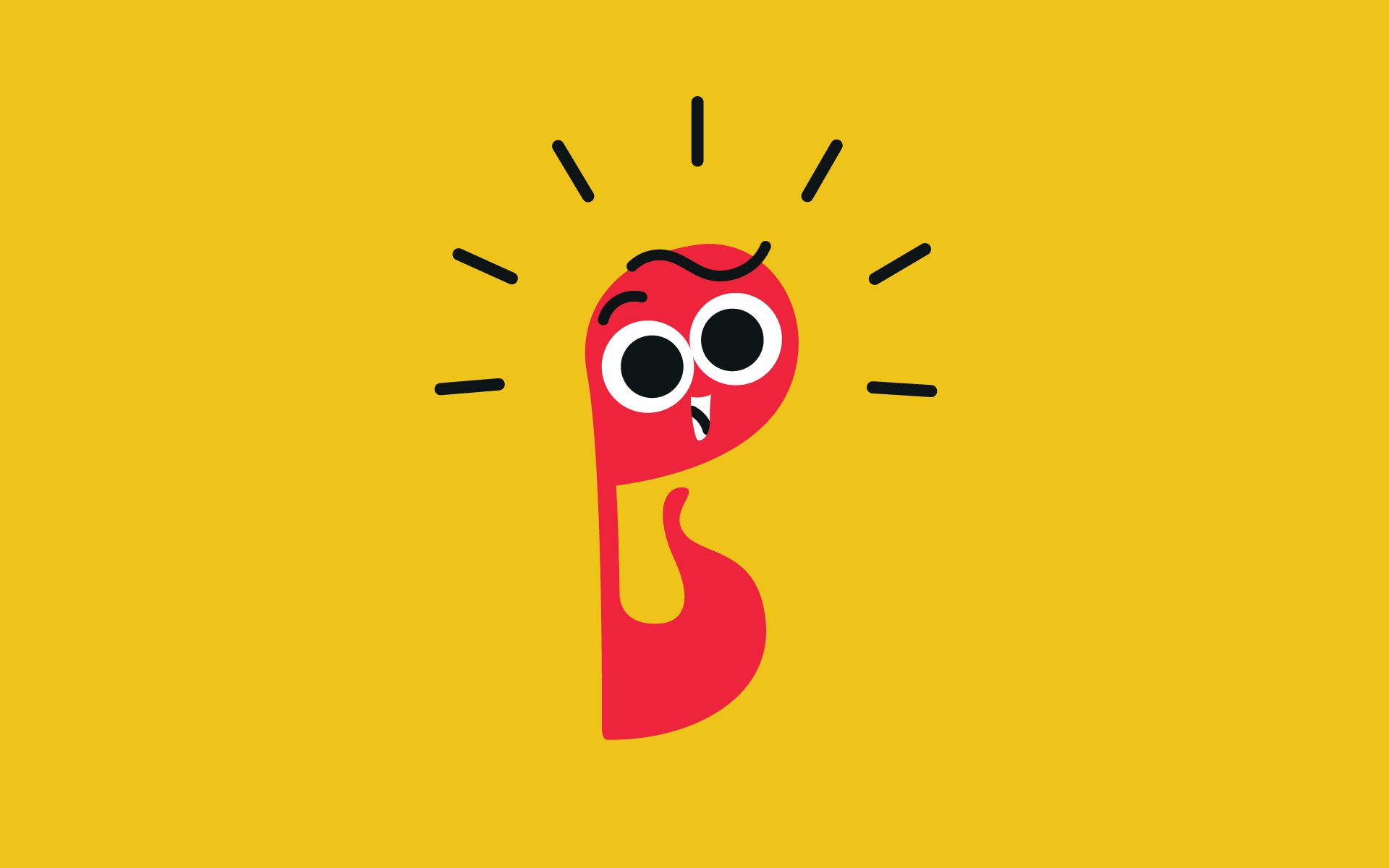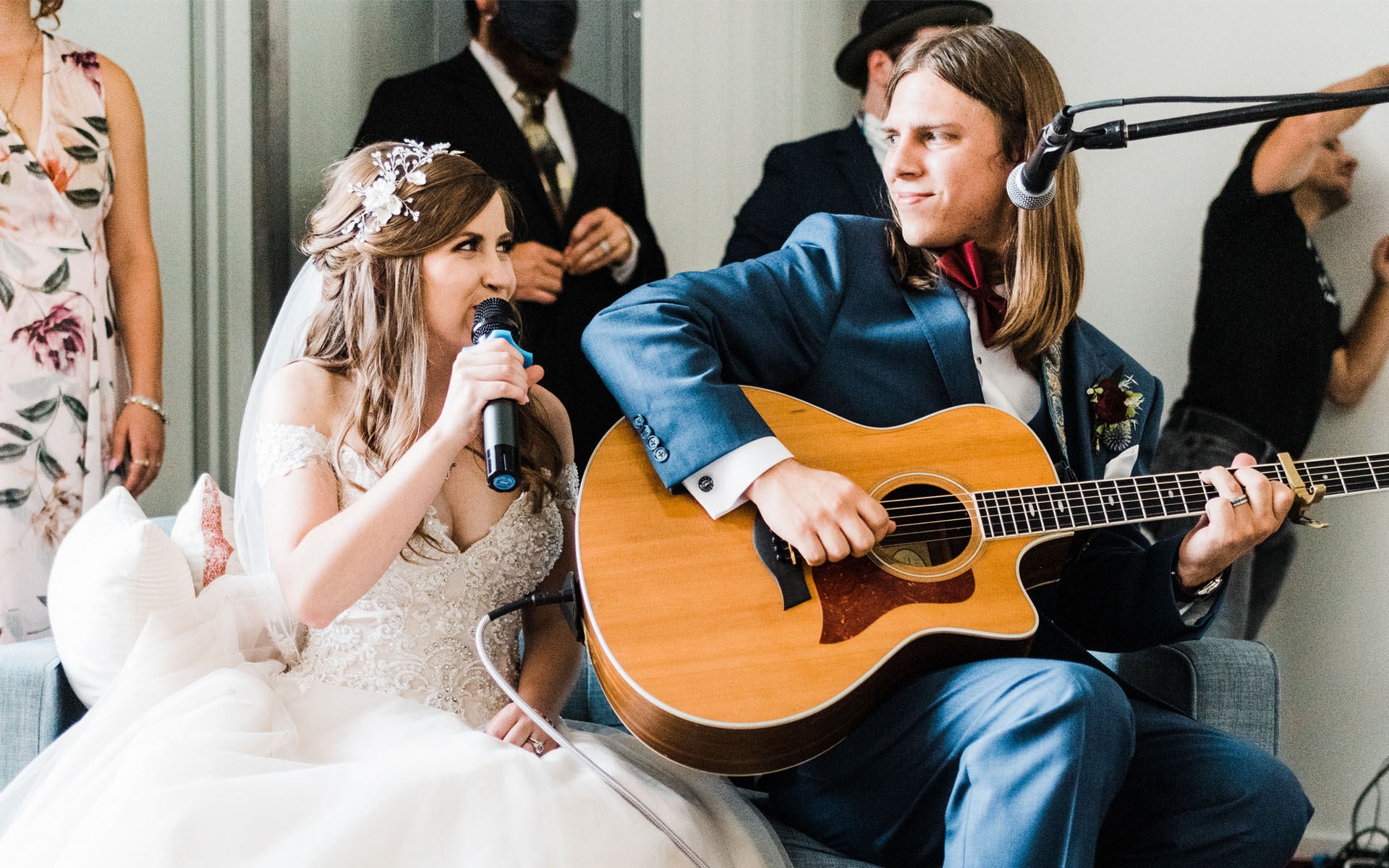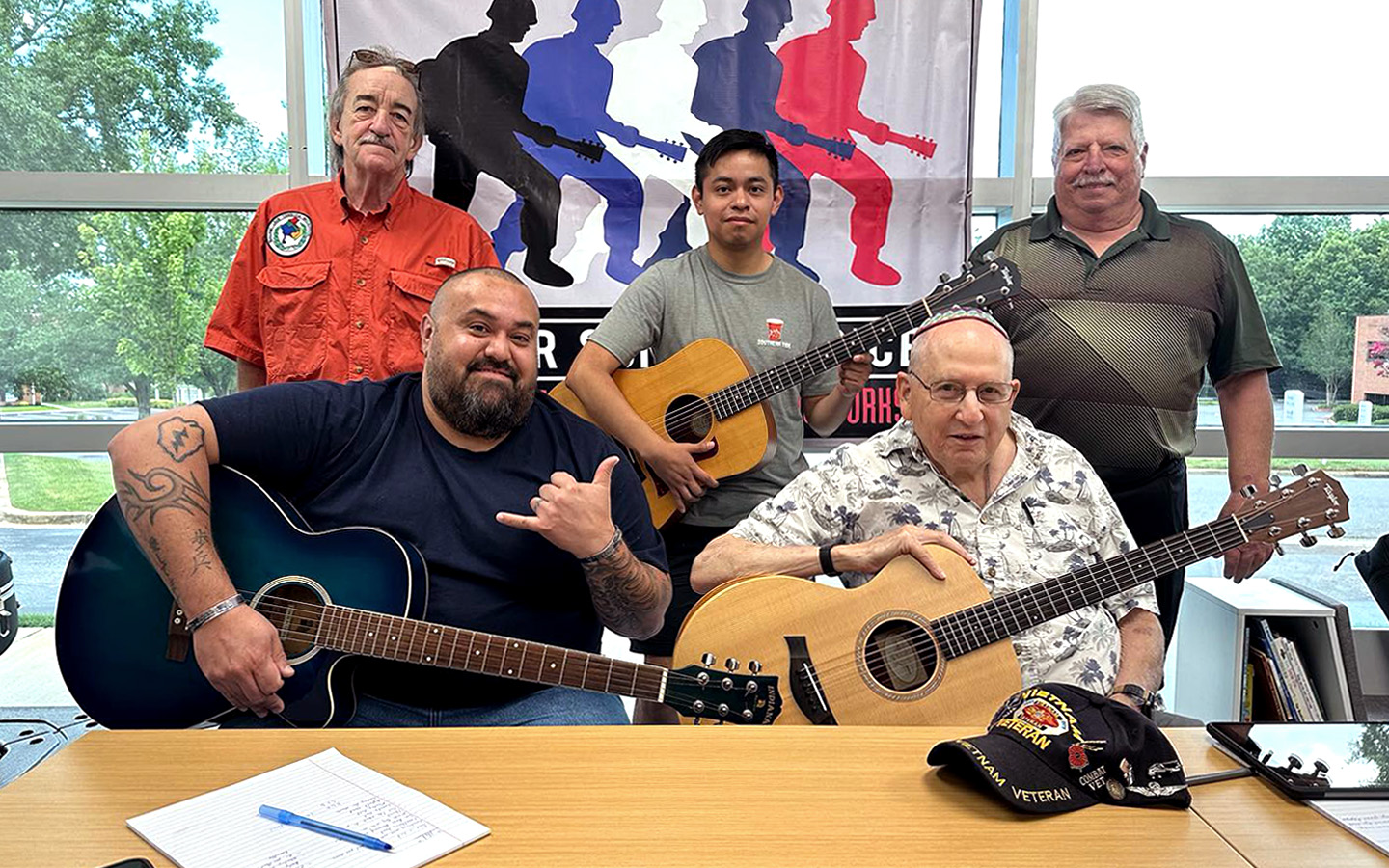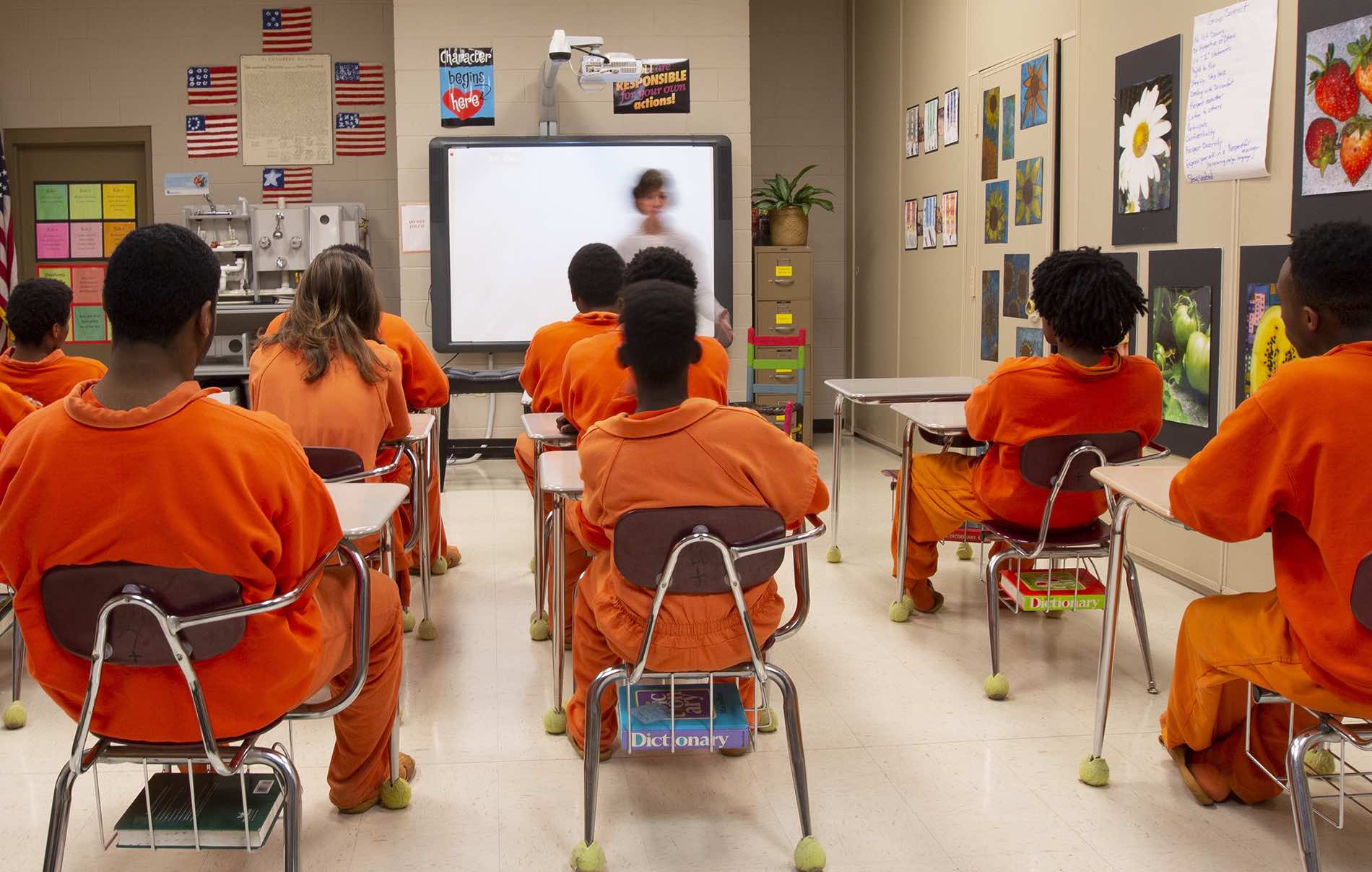This post from Take Note author Pat Healy originally appeared in Metro newspapers on January 8, 2011.
The music industry is in such rough shape that some of your favorite bands have resorted to selling automobiles. No, they aren’t hanging around in the lots at the local used car dealerships in clip-on ties and promising a limited-time offer, but they’re on television, licensing their songs and finding more ears than they ever could on the FM dial. It may be that what was once seen as selling out for cash, now just makes sense.
“Because everything is so instant now and people seem to always have their laptops and smart phones with them when they’re watching TV, when a song that they like comes on in a commercial, they can just look it up and buy it right then, and this is something that the artists realize,” says Peter Shane, vice president of creative services for Spirit Music Group, a music company that specializes in placing songs into all sorts of media and works with iconic catalogs by the likes of Lou Reed and T. Rex.
Within the past few months you have no doubt heard Edward Sharpe and the Magnetic Zeros “Janglin” for Ford or Vampire Weekend singing about how a holiday is the best time of the year to buy a Civic, and you may have also noticed that when Honda wanted to move their sport hybrid model, which they bill as “complete opposites in complete harmony,” they picked the song “Riot Rhythm” by Sleigh Bells, a duo whose metallic guitars and sweet cheerleader vocals could also be defined as complete opposites in complete harmony. Not unlike the way music and commercials coexist.
“The ‘sell out’ discussion never even happened, we happily license our music for movies and advertisements on a case-by-case basis,” says Sleigh Bells guitarist and chief songwriter Derek Miller. “It’s almost pretentious to avoid the opportunity, especially in this climate.”
Lisa Milberg of the Swedish band, the Concretes says people in the States recognize her band’s song, “Say Something New” mostly because it was in a Target commercial.
“It was with very mixed emotions, because before that we didn’t do any ads and we tend to say ‘no’ most of the time,” she says. “It was strange to see that it worked and that it had an impact and it makes people buy the music, which is good, but you would maybe rather they bought the music without the ad.”
American Idol judge and music industry veteran Randy Jackson says with a lot of artists it is a measure of last resort, but a necessary one: “I think what you have is that the record industry is probably in the worst place it’s ever been, but I think it allows for more creativity now,” he says. “What you have now is other ways to get your music out and other ways to try to break an artist.”
Pump up the volume
Breaking artists through commercials is the reason that Lloyd Simon has set up his new website, TheTapMusic.com. [Editor’s Note: The site has since been taken down.] Simon, an entertainment lawyer and one of the founders of MTV, is responsible for pairing the Dirty Vegas song “Days Go By” with Mitsubishi and putting Sting in a Jaguar for a 1999 ad that was a real game-changer for commercialized music.
He says when it was more taboo for musicians to license their music to commercials, the pay was higher, but now, he estimates most licensing results in about $10,000 to $50,000.
“There’s a lot more bands out there that are getting licenses, so I think the volume has gone up because there’s so much more music now to pick from,” he says. “The world has changed. In terms of revenues for bands, the two biggest sources of revenue are licensing and touring.”
Ad it up: A timeline of commercial music
1950s through mid-1960s: In the first years of TV, musicians like Chubby Checker and the Rolling Stones promoted products.
1967: The Who release The Who Sell Out, parodying the pairing of product placement and musicians.
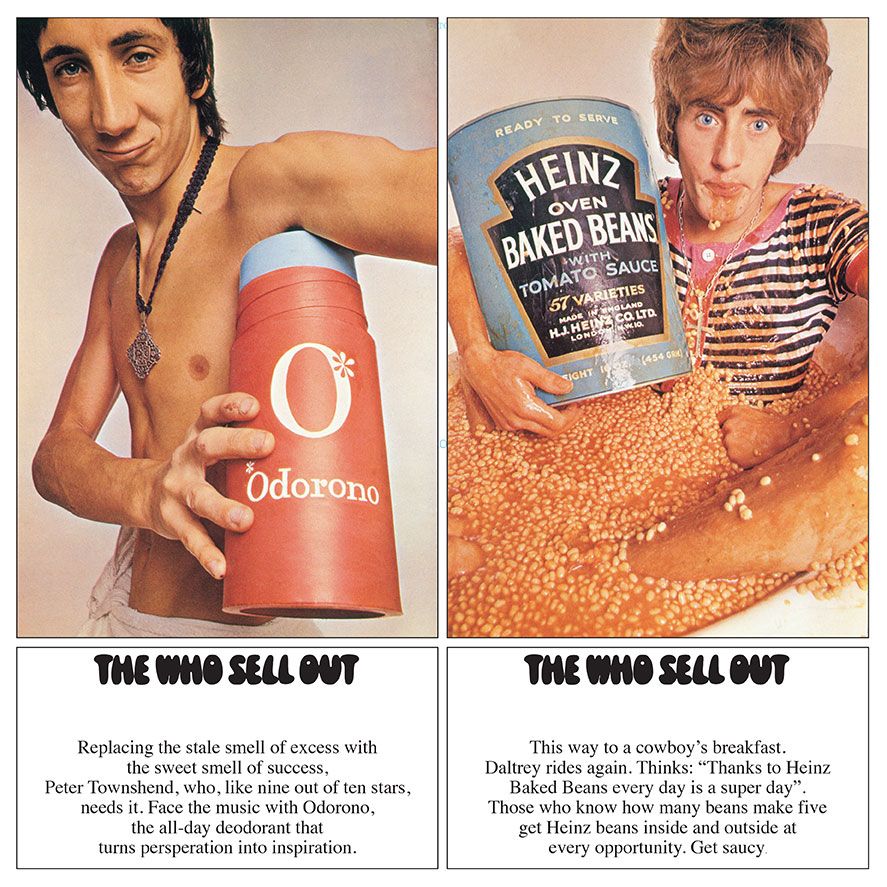
1989: Neil Young is awarded Video of the Year by MTV for “This Note’s For You,” a pledge of sorts to not allow his music in ads.
1999: Play by Moby becomes the first album to have all of its tracks licensed for movies, TV or ads.
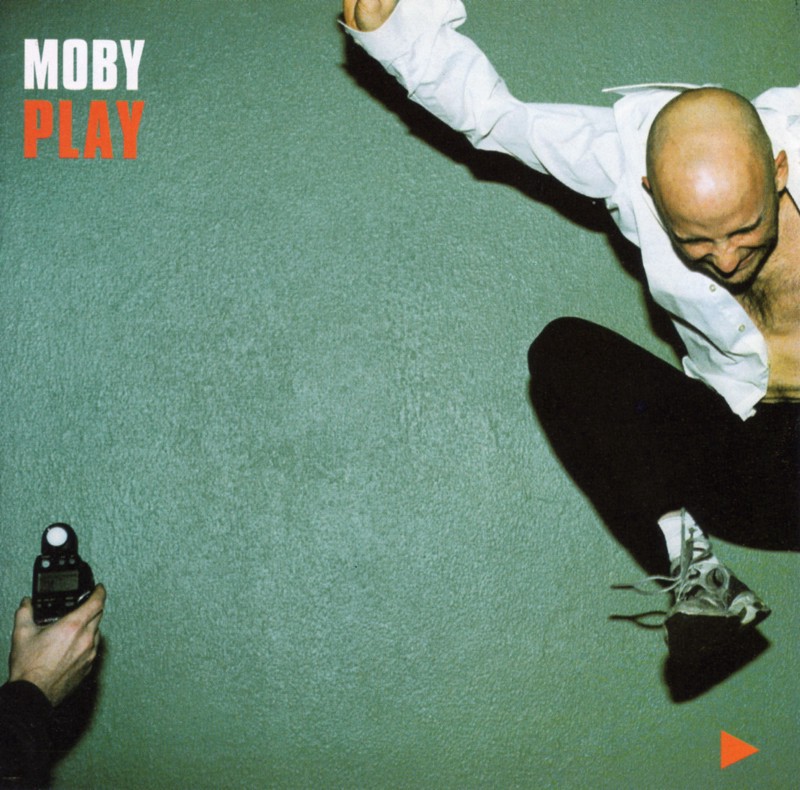
1999: The Nick Drake song “Pink Moon” sells more than it did when he was alive after its use in a Volkswagen ad.
2002: The White Stripes reportedly turn down several lucrative offers from The Gap to appear in a commercial.
2008: Shazam, an app that IDs songs by snippets, is available for iPhone, enabling users to hold phones up to the TV when an ad comes on, to learn who recorded it.
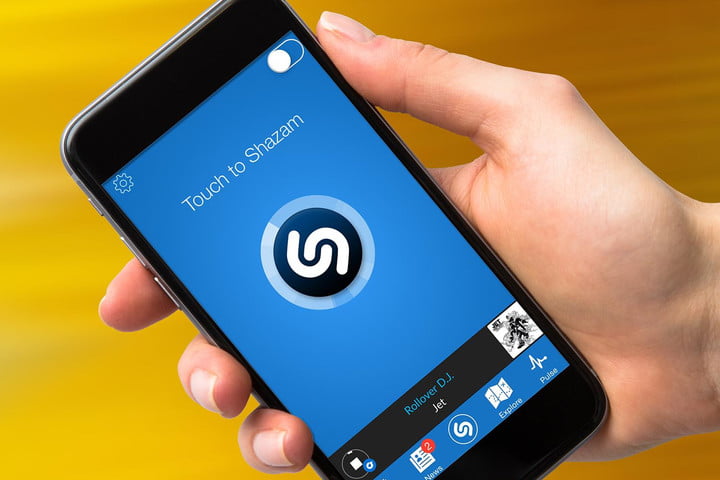
2009: The Who license “My Generation” to Pepsi, and officially “sell out,” becoming what they made fun of 42 years earlier, though at this point “selling out” is officially beyond being a cultural concern.
THE WRITER ON SELECTED CLIPS
Rolling Stones sing for their breakfast
This one is a curiosity because it wasn’t billed as the Stones, but that is unmistakably Mick’s voice. Obviously this was long before the notion of “selling out” ever reared its head, and it seems that it must have been made in a time where they actually needed money. Ha, a time when the Stones needed money!
Michael Jackson changes “Billie Jean” for the Pepsi generation
Ah, Michael, we do miss you, but this is a bit much to take. You were a pop genius, both artistically and commercially, but this adaptation just seems tough to swallow, kind of like the amount of Pepsi that poor Alfonso kid had to chug while moonwalking.
Del Fuegos sing for their beer
Before Dan Zanes found a second career in playing music for kids, he was in a band that was arguably Boston’s version of the Replacements. This one doesn’t seem like a sell out because they look like the type of dudes who do indeed enjoy their Miller. Favorite quote: “Rock ‘n’ Roll is folk music, cuz it’s made for folks.”
Lou Reed takes a ride on the wild side
My friend and I once had a discussion that it’s pretty hard for Lou Reed to be uncool. Lord knows he tried with that mullet he rocked for a while. This ad from the ’80s seems like it could also threaten his eterna
Devo go along for the ride
So here’s a band that actually do look like they’d ride a dorky scooter like that.
So ya say ya want a revolution, Nike? The Beatles say that you can count them out
This one didn’t last long on the air, because it reportedly wasn’t properly licensed. Oops.
For New Order, Sunkist is the one, or the $200,000 one
The commercial starts at the 37-second mark, but what’s before it is an enlightening explanation from singer Bernard Sumner about why on earth New Order changed the lyrics of their “Blue Monday” song for orange soda.
Should the Clash Levi’s ad stay or go?
This 1991 ad feels wrong. Perhaps it’s the quasi-sexy way that the younger dude looks at the older dude when he wordlessly says to him, “no, you, have to take off your pants!”
Aerosmith fall into the Gap
Dang, why are so many of these commercials by Boston bands? Maybe it’s just that we have a little bit of Boston pride, but we just can’t slag this one, either. When Steven Tyler scats at the end that “this is beyond easy,” we have to think that he’s talking about the insane money he and Joe Perry are making just for jamming for 30 seconds, and not even dipping into their catalog of iconic tunes.
“Pink Moon” is on its way
I was telling a friend yesterday that the only thing that embarrassed me about this commercial was that I always thought the party the people in the ad decide not to go to looks like a place where I’d have a good time. I mean, I could also have a good time riding around with them in the VW, but I dunno, those lights are kinda neat, and it’s in an isolated place, so you could probably turn the music up pretty loud and nobody would care. Maybe what really happened is that they’ve spent the whole summer going to that house for parties, and they’re tired of it. Yeah, that’s how I’d like to think of it.
Chris Brown doubles your pleasure, quadruples your pain
Yeah, Wrigley’s didn’t run this one that much after the news of Brown’s violent behavior towards Rihanna broke.
The Kinks get the “Picture”
This one is pretty dang artistic, and the song functions in it almost like a Wes Anderson movie. Nice work, HP.
The Cure for getting more revenue
This spot doesn’t work as well as the Kinks campaign for the same product, but at least it was delivering this band’s music to a new audience.
Apple counts on Feist
This one is pretty dang cool.
U2 gives the iPod “Vertigo”
Bono has said that U2 did this commercial, um, pro bono. The band loves what Apple does so much that they simply wanted to be a part of it. It didn’t hurt that the band was promoting a new album at the time.
Ting Tings for iTunes
This is a real argument for bands who aren’t that well known doing commercials. I wouldn’t have known the Ting Tings, if not for this campaign.
Submarines are sublime and subliminal
Another act with Boston ties! This couple licenses their music a lot, but it’s almost never intrusive. It’s almost like when you hear the album, you say, “Oh, this is the song from that commercial,” rather than the other way around. And then you get super into their albums. [Editor’s Note: We could only find a version of this in French.]
Other Notable Mentions


